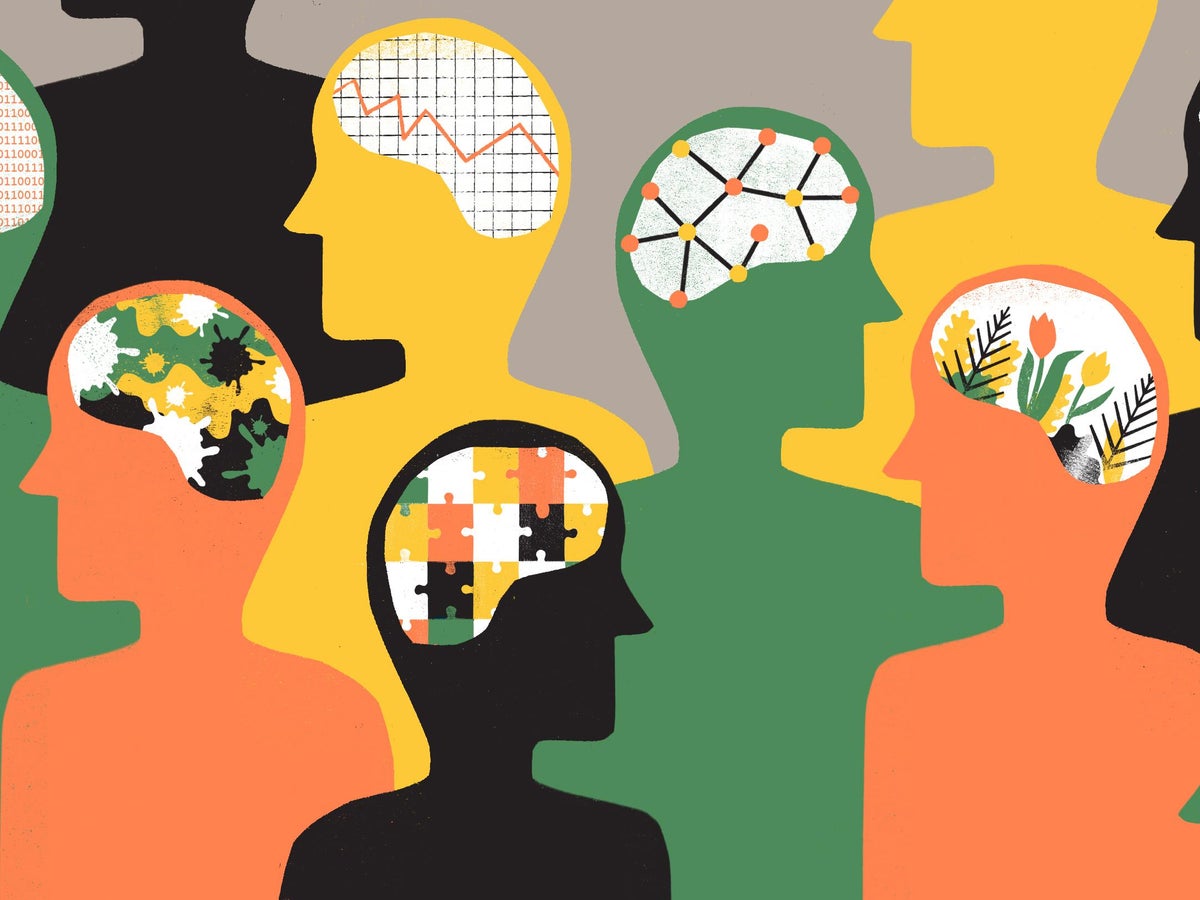Coaches are never seen playing on the pitch during competitions, no matter how good they may be. All they do is stay on the sidelines, directing and motivating.
Similarly, social workers are hardly ever the focus of mental healthcare conversations in Nigeria and elsewhere.
Social workers are people who help others find solutions to their problems. They provide emotional and material support to victims of heinous crimes, social injustice, fundamental rights violations, natural disasters, and other events that throw people in vulnerable positions. Their aim is always to help people heal and re-integrate back into society.
They break down while helping
Sometimes, these care providers are so engrossed in their service to others that they forget to take care of themselves, and so they break down mentally and emotionally.
“The essence of our work is to help victims stop being re-victimised and transition into becoming survivors. [So] I come in contact with people with traumatic experiences every day, and it is worse for me [as] the head of the organisation,” said Dorothy Njemanze, founder of Dorothy Njemanze Foundation, a nonprofit supporting victims of sexual and gender-based violence (SGBV) in Nigeria to heal and get justice.
“People believe that I am their best shot at justice. [So] I am [sometimes] scared to fail because the expectations are high, and that heightens the anxiety that comes with the fear of failure. This leaves me feeling depressed and helpless. I have a lot of panic attacks. My mental health is more often in shambles.”
Many of those working with Njemanze as staff and volunteers are survivors of SGBV. They said while they feel fulfilled contributing to disrupting oppressive norms, they are sometimes mentally distressed too.
“I give direct victim support. The support ranges from taking them to the hospital, police station, writing petitions on their behalf, and listening to them share their stories without judgment while providing emotional support,” said Favour Okorie, Njemanzes’ colleague.
“There are times when I see some of their stories in my dreams, and I have a hard time sleeping for fear of nightmares.”
The experience is the same for Hauwa Yaro-Biki, an Abuja-based project management consultant. Yaro-Biki worked with SGBV survivors in the conflict-torn region of north-eastern Nigeria, where Boko Haram has killed nearly 40,000 people since 2009 (Yaro-Biki works under non-disclosure terms for a foreign aid group).
“For some of the victims, we had to accompany them for medical services, and I had to interview a lot of them. Doing this, at a point, you begin to understand some of them, take in some of their pain and sometimes re-live the experiences. In the end, I find myself drained mentally, emotionally and physically.”
Different researches have confirmed that depression and behavioural changes are common among social workers globally. One survey of 1000 social workers in North Carolina, US, found that 60% of social workers had been diagnosed with depression at some point in their career, 16% had considered suicide at least once, and 20% were taking medication for depression at the time of the study in 2004.
In another study in the UK, 70% of interviewed social workers said they were taking prescribed anti-depressants, and 75% reported having physical illnesses concurrently with depression.
According to Zainab Saleh, a psychotherapist with Cognitions Healthcare in Abuja, mental health issues are common among social workers because, besides poor self-care, the heavy “mental burden” that comes with constant “active listening” and the strong emotional stress accompanying the display of empathy result in tiresome workloads she described as “recipe for disaster” if not monitored.
How they cope
To help herself and her team, Njemanze decided to include regular mental health therapy sessions as part of her organisation’s activities. With the support of ActionAid Nigeria, she also secured health insurance policies for all her staff.
“We started with group therapy sessions in the office, and from there, we came to the point where people were able to do individual therapy sessions. When people feel overwhelmed, they can reach out to any of our therapists. The frequency with which people broke down physically and emotionally made us look into ensuring they access better medical support,” she said.
“We were able to get health insurance policies for our staff. Using this health insurance plan, I have seen a psychiatrist, and other people have seen psychologists.”
Njemanze said since she introduced these solutions, her mental health problems and those of her staff have reduced significantly. Yet, she does not let down her guard. She encourages her team regularly “to speak up because if they don’t speak up, we won’t know what they are going through.”
In addition to encouraging self-care, weaving mental health support into an organisation’s regular activities is important to help workers manage their emotional and mental pressures, said Aisha Hussein. Hussein is a mental health counsellor at The Sunshine Series Mind Wellness, a social enterprise organisation using psychotherapy, psychological first aid, and mental health training to support Nigerians struggling with COVID-19-induced mental health problems.
Hussein explained the approach her organisation used to help mental health counsellors like herself cope, saying other organisations can copy the approach.
“As part of our training, each counsellor had a supervisor that you could also share your concerns with, and you would be guided on how best to handle your own mental health. My supervisor told me that I had to understand my limitations and know that I can only do my best and, even then, you still cannot help everyone,” she said.
“Also, we were constantly having our own group therapy sessions and sharing mental wellness tools with each other. It made me feel better to share how personally I took the pains of my clients and would find the same empathy I felt for my clients in my listeners [her colleagues].”
Saleh agreed, saying: “Organisational policies should mandate supervision into the weekly schedules of the social worker and case management system should be robust enough to ensure that their workload is reduced. Safe spaces and time should be provided for social workers to deal with challenges they have and speak about their challenges on their own terms.”
However, most organisations providing social services in Nigeria lack the resources to introduce individual and group therapy sessions for their teams in a country with no government agency dedicated to mental healthcare support for social workers.
But even organisations with resources sometimes face challenges getting workers to speak up due to fear of possible stigmatisation. When this is the case, Njemanze said there is a need to constantly reassure concerned staff that they have the organisation’s support and protection.
Coaches, much like social workers, remain behind the scenes, providing support but seldom being the focus. Social workers deliver crucial assistance to individuals facing challenges such as crime, social injustice, and disasters, aiding their reintegration into society. However, this intense involvement often leads to their own mental and emotional breakdowns.
Dorothy Njemanze, founder of a foundation supporting victims of sexual and gender-based violence (SGBV) in Nigeria, highlights the personal toll this work can take, including anxiety and depression. This mental strain is confirmed by studies, which indicate high rates of depression and other mental health issues among social workers globally.
To combat this, Njemanze's organization has integrated regular mental health therapy sessions and secured health insurance for staff. Other social enterprises also emphasize mental health support and supervision to help their employees manage emotional stress. Despite these initiatives, many organizations in Nigeria lack the resources to provide such support, leading to ongoing challenges in addressing social workers' mental health needs.






